As a first-time author, you may be trying to decide if self-publishing is the right path for you. There is no one-size-fits-all answer to this question. There are several factors to consider, and this article will outline them so you can make the best decision for you and your book.
What exactly is self-publishing?
According to Wikipedia: “Self-publishing is the publication of media by its author at their own cost, without the involvement of a publisher. The term usually refers to written media, such as books and magazines, either as an eBook or as a physical copy using print on demand technology. It may also apply to albums, pamphlets, brochures, games, video content, artwork, and zines. Web fiction is also a major medium for self-publishing.”
Not a new concept, self-publishing dates back to the 18th Century. The internet and other advances like print-on-demand have helped make it a more accessible method for authors. Due to its popularity, self-publishing a book has evolved to include a variety of forms. Authors can take the entirely Do-It-Yourself self-publishing route or choose from professional self-publishing (also known as assisted self-publishing) or Hybrid publishing.
It helps to understand the publishing process before you decide if you want to self-publish your book.
Publishing your book is more than simply uploading your manuscript to Amazon and hitting “submit.” Preparing your manuscript for publishing includes copy editing and proofreading, formatting, typesetting, and adding other book matter. Publishing your book so that people will read it means figuring out a go-to-market strategy, a distribution plan, pricing, which formats to offer your book in, and more.
As a first-time author, you may need a handle on all the steps in the process or which ones you can (or should) do well yourself. Different kinds of self-publishing mean taking on some or all of these tasks. Our goal is for you to be fully informed about whether self-publishing is right for you as a first-time author. Then you can determine what route you want to take if you decide to self-publish.
The allure of traditional publishing
Traditional publishing means having your manuscript acquired by a publishing company. The company then takes over most of the other steps, from laying the book out, printing it, and selling it, to enjoying a substantial portion of the profit.
Traditional publishers have strong relationships with bookstores, so there is a higher likelihood that they will be able to place your book on retail bookstore shelves.
For some authors, the prestige of garnering an agent and a publishing deal is part of the appeal of writing. They believe this route aligns more with their vision and brand and may feel that self-publishing needs to be more respected or legitimate.
Traditionally published books are indeed well-produced and professional looking. The trademark of a well-known publishing house can lend a book legitimacy in the eyes of some readers, although most don’t pay attention to it.
Over the past few decades, self-publishing has gained popularity and respectability, and done right, it can achieve the same results as traditionally published books. A well-done self-published book is indistinguishable from a traditionally published book.
The publishing landscape has changed in the 21st Century. It was customary for publishers to give authors a large, up-front advance payment on their royalties. Today, though, most first-time or non-celebrity authors get little book advance.
What a publisher does for you (and what it doesn’t)
The other main appeal of a traditional publisher can be that they handle everything for you. The publishing company’s staff oversees book production, including proofreading, formatting, cover art, etc.
There is a perception that there are no out-of-pocket publishing expenses for the author who goes the traditional publishing route. That used to be the case, but nowadays, publishers typically don’t do marketing for most authors they publish. Instead, because publishers are very risk-averse, they do the minimum amount of publicity—perhaps issuing a press release for the book—and then sit back to see if the book gets traction on its own. If the book gets traction, the publishing house will start putting its marketing and publicity dollars to work for the author.
So, authors need to be aware that, even with a traditional publishing deal book deal, they will still be responsible for their marketing and promotion. If the author can get attention for the book on their own, the publisher will only do a little to help.
Additionally, the publisher will be making most decisions about the book’s branding (the look and feel) and setting the timeline for publication, which can be as far as two years out.
A final factor to consider is that the author gets the smallest percentage of royalties with a traditional publisher. If the author got an advance, they wouldn’t get paid any additional royalties until the book has “earned out” the advance. Authors will also pay a higher price to buy copies of their own books if they want them for speaking engagements or to sell on their own websites.
Hybrid publishing options
Hybrid publishing is the halfway point between self-publishing and traditional publishing. Like traditional publishing, a hybrid publishing company handles all aspects of your book publishing and some or all of your book’s marketing and promotion. They often have good relationships with distributors and retailers, increasing your book’s chance of being placed on bookstore shelves.
The difference between hybrid and traditional publishing is that there is no book advance. Instead, the author pays some of the book’s costs, and the publisher picks up the rest. As an author going the hybrid route, you have more say in creative decisions. You also maintain the rights to your work, but depending on the contract/agreement with the hybrid publisher, they may have some say or control over certain aspects of your book or decision-making.
What about the self-publishing options?
DIY, DIY Plus [DIY+], Professional and Assisted Self-Publishing
When you think about self-publishing, you may imagine having to do everything yourself, from proofreading to book layout to writing the book description and even the cover design. Do-It-Yourself, or DIY, is the most hands-on version of self-publishing, and therefore it has the steepest learning curve.
Total DIY self-publishing has the potential for your book to turn out looking less than professional. Consider that some skills needed to publish a book, such as cover design and interior layout design or formatting, are skills only some nonfiction authors have. Design not only requires skill, but it also requires an “eye” or highly developed sense of design aesthetic.
However, there are design templates that you can use as a base, which can shorten the learning curve and could yield better results than trying to DIY your book design from scratch.
Important Self-publishing considerations
Consider that as an established brand, entrepreneur, coach, or consultant looking to use your book to attract high-end clients and opportunities, you will need your book to reflect that high-end aesthetic and professional vibe. That is why you will want to consider DIY+ self-publishing or professional self-publishing.
Other skills you will need to succeed as an author have little to do with publishing. For the DIY and DIY+ self-publishing paths, you will need project management skills: knowing the required tasks and ensuring that you, or any freelancers you hire, get things done correctly and on time.
DIY+ is a middle option between total DIY and professional/assisted self-publishing. With this path, you are still DIYing it but outsourcing certain aspects of the process. For example, you can hire a professional book cover designer and an interior layout designer and handle the rest of the publishing process yourself.
If you are going the DIY + route, this can be a project unto itself, researching, interviewing, vetting, and hiring your book publication team. If this is your first time doing this or you are a novice, hiring a team can be overwhelming and time-consuming.
Like most things, it’s not black-and-white. You can still self-publish but outsource critical tasks like cover design and book formatting. In this case, you would be doing DIY+, where you act as the project manager overseeing the publishing, hiring, and managing as many creative resources as you choose to bring to your book-publishing team.
For DIY+, professional self-publishing, or hybrid publishing options, you’ll need to be able to research, vet, and hire the right creative professionals or team to assist you with your book publishing.
Professional self-publishing, our term for what is also known as assisted self-publishing or guided self-publishing, is a way to get your manuscript published by hiring a publishing consultant or firm to manage the entire process of taking your book content through all the stages of publishing and distribution. It is a done-for-you service, and you retain creative control.
With professional self-publishing, you benefit from experienced guidance and an existing, proven team who can hit the ground running to take your book through the publishing process. This can be a pricier option, often on par with hybrid publishing, but it saves you a lot of time as you don’t have to learn all the ins and outs of publishing a book. You can rely on your consultant or firm to provide guidance and make it happen. This can be a much less stressful route to publishing as you bring on seasoned professionals with years of experience publishing books. It removes the guesswork, overwhelms, and doubts of first-time authors.
In all self-publishing paths, you retain the IP, creative control, final decision-making, and royalties (less what Amazon or other publishing platforms or retailers take).
How to decide if you, as a first-time author should self-publish?
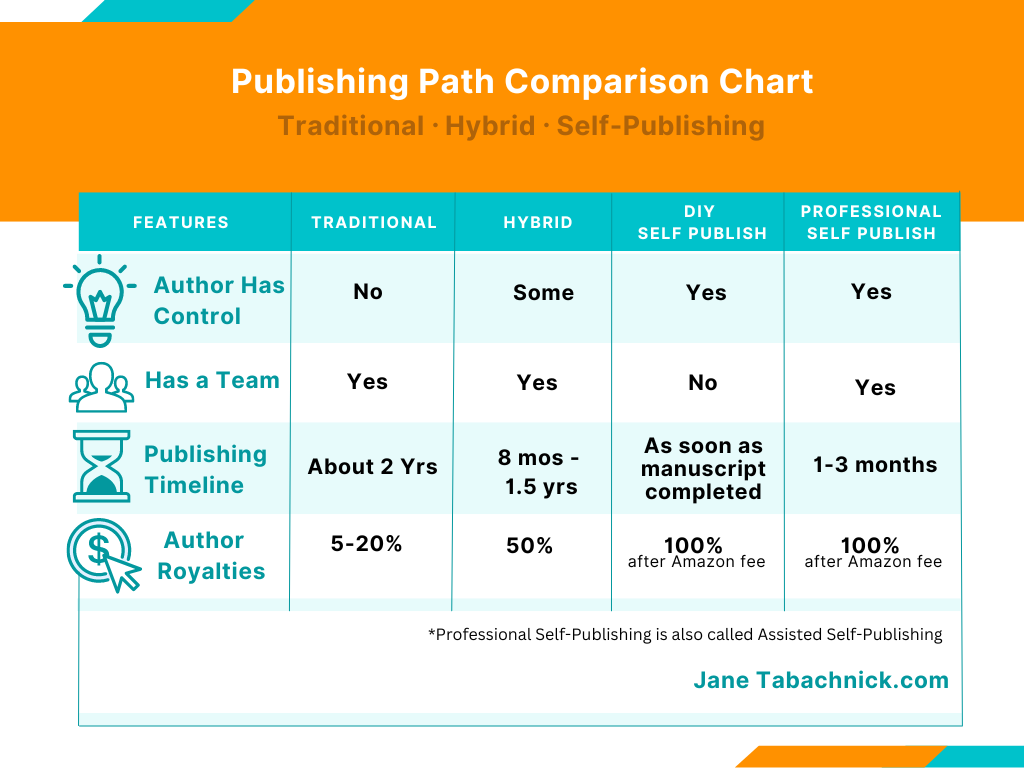
When deciding whether to self-publish as a first-time author, it’s important to consider yourself and what you value. Is having total control important? Then you should self-publish using one of those three options.
Is having an existing team in place a priority? Or are you confident in your ability to hire and manage a team or a few freelancers? If so, DIY or DIY+ self-publishing could work well for you. Otherwise, you’ll want to consider one of the publishing paths with an existing professional team: traditional, hybrid, or professional self-publishing.
What is your time worth? Are you busy running a business and life? While hiring a team or freelancers can seem costly upfront, you have to factor in the cost of your own time. It will take you many hours, especially as a first-time author, to figure out your author’s action plan and how to implement it. It is up to you to decide how best to use your time, as it is a precious commodity.
Do you want guidance, or do you want to figure it out on your own?
The learning curve can be steep, especially the first time you do any new activity. In addition to learning what you need to do, you must invest the time to do the publishing. Again, it’s worth considering whether your time is better spent figuring out your book-publishing process or hiring experienced professionals to guide you and implement the required tasks.
Will the results be as good if you DIY your publishing as those you get from hiring professionals? As with any first-time activity, you don’t know what you don’t know. As long as you accept that there will be some aspects you get wrong, DIY self-publishing can be for you.
Another consideration is the cost. While hiring a professional self-publishing consultant or hybrid publisher may sound expensive, it may end up cheaper than total DIY. I have spoken to many authors who made costly mistakes the first time they self-published and ended up having to redo tasks, paying again for work that had already been done, bringing up the total project budget.
The good news is nowadays, there are numerous publishing and self-publishing options for authors to choose from. Some first-time authors decide to go with professional self-publishing, as they can learn the process by looking over the shoulder of their provider. Then take this knowledge and confidently bring future books to the market using DIY + self-publishing.
Related Content: Choosing the best self-publishing book company for your needs

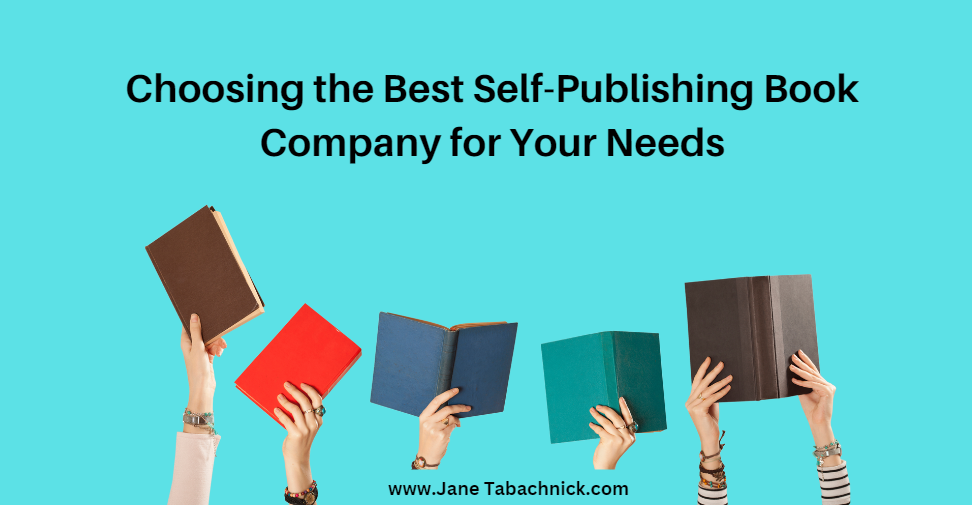

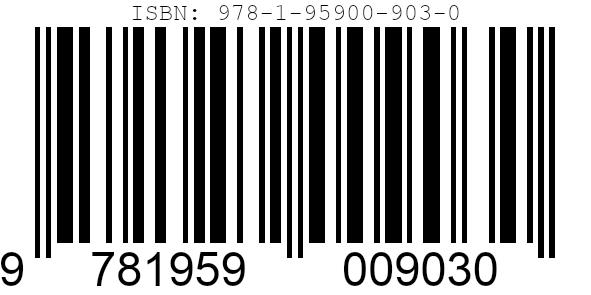
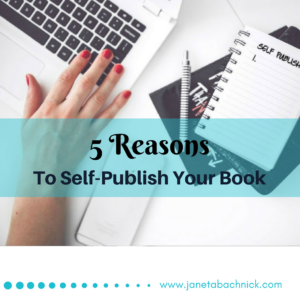
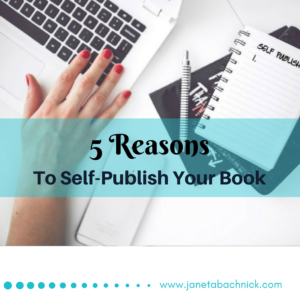 Authors often wonder should you self publish your book or seek out a traditional publisher. There are pros and cons to both avenues of publishing, so it’s important to understand them before making such an important decision.
Authors often wonder should you self publish your book or seek out a traditional publisher. There are pros and cons to both avenues of publishing, so it’s important to understand them before making such an important decision.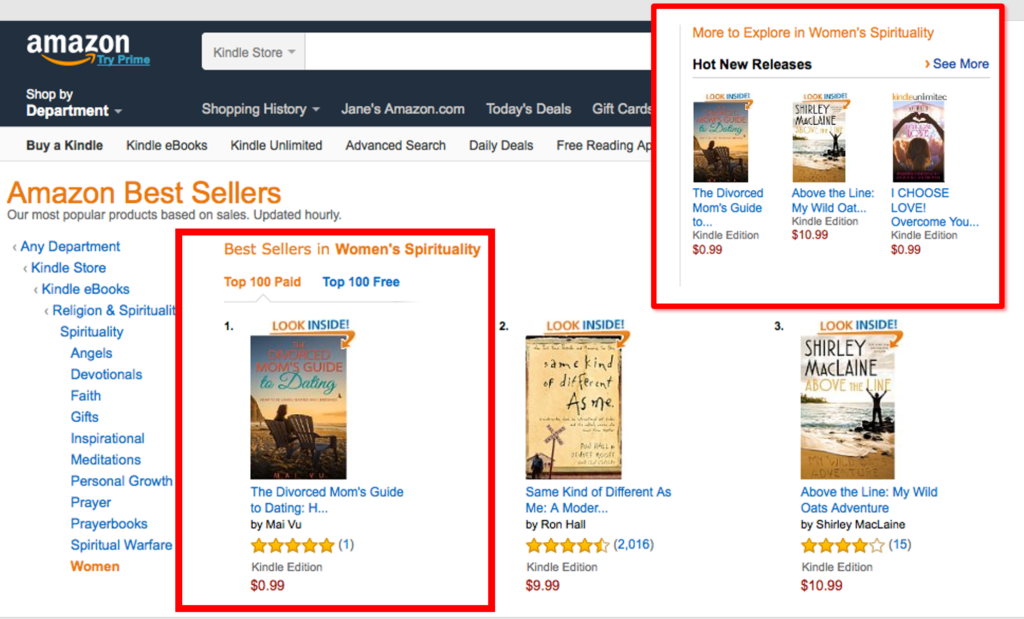
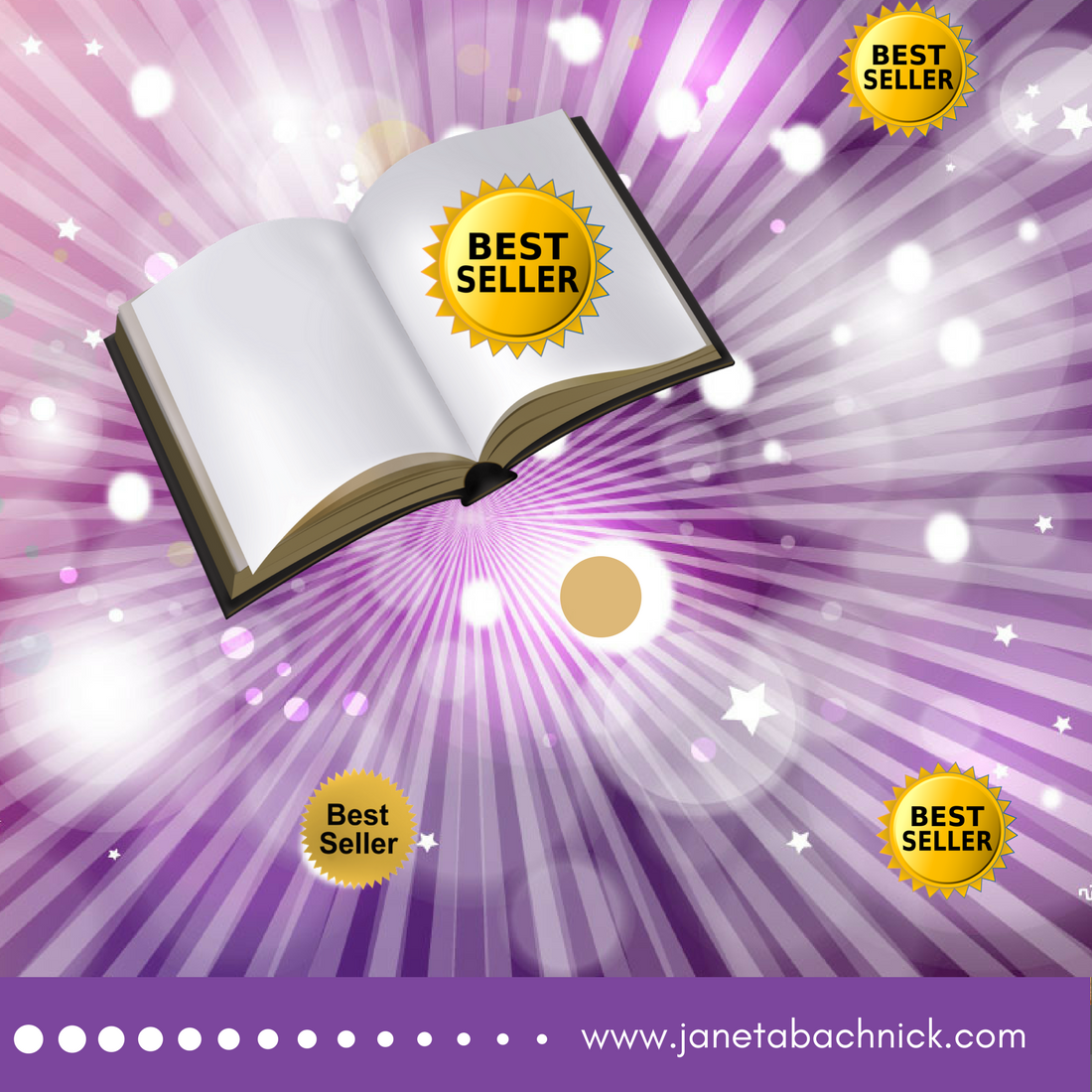
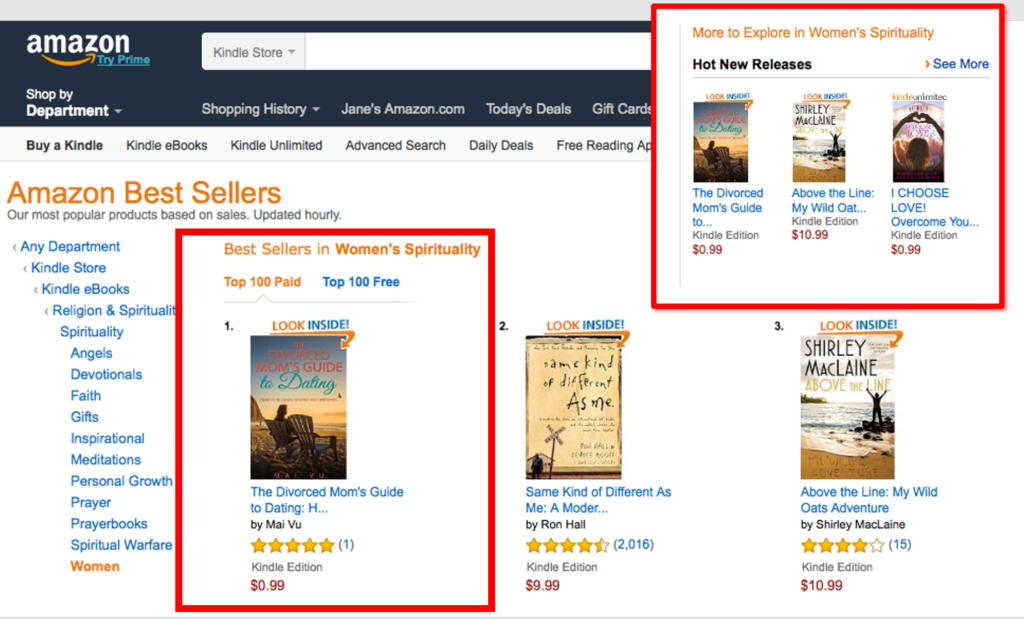



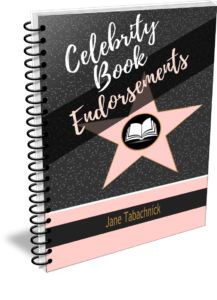



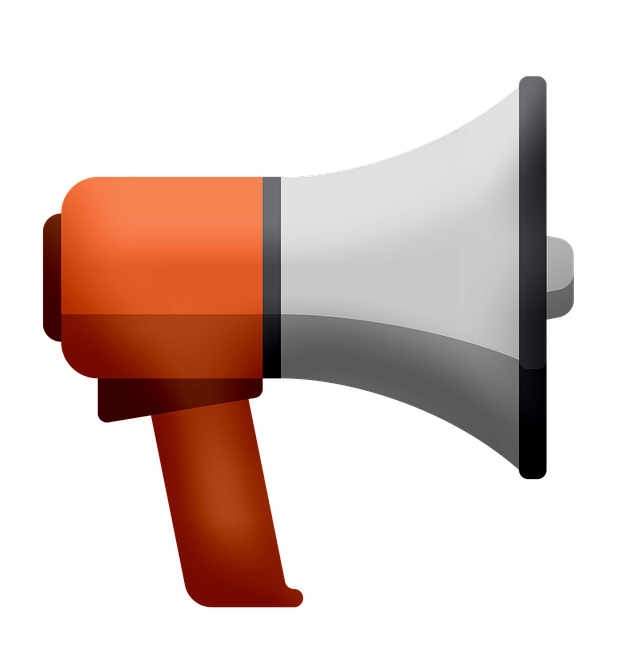 I consider social media as part of ‘the media’ nowadays
I consider social media as part of ‘the media’ nowadays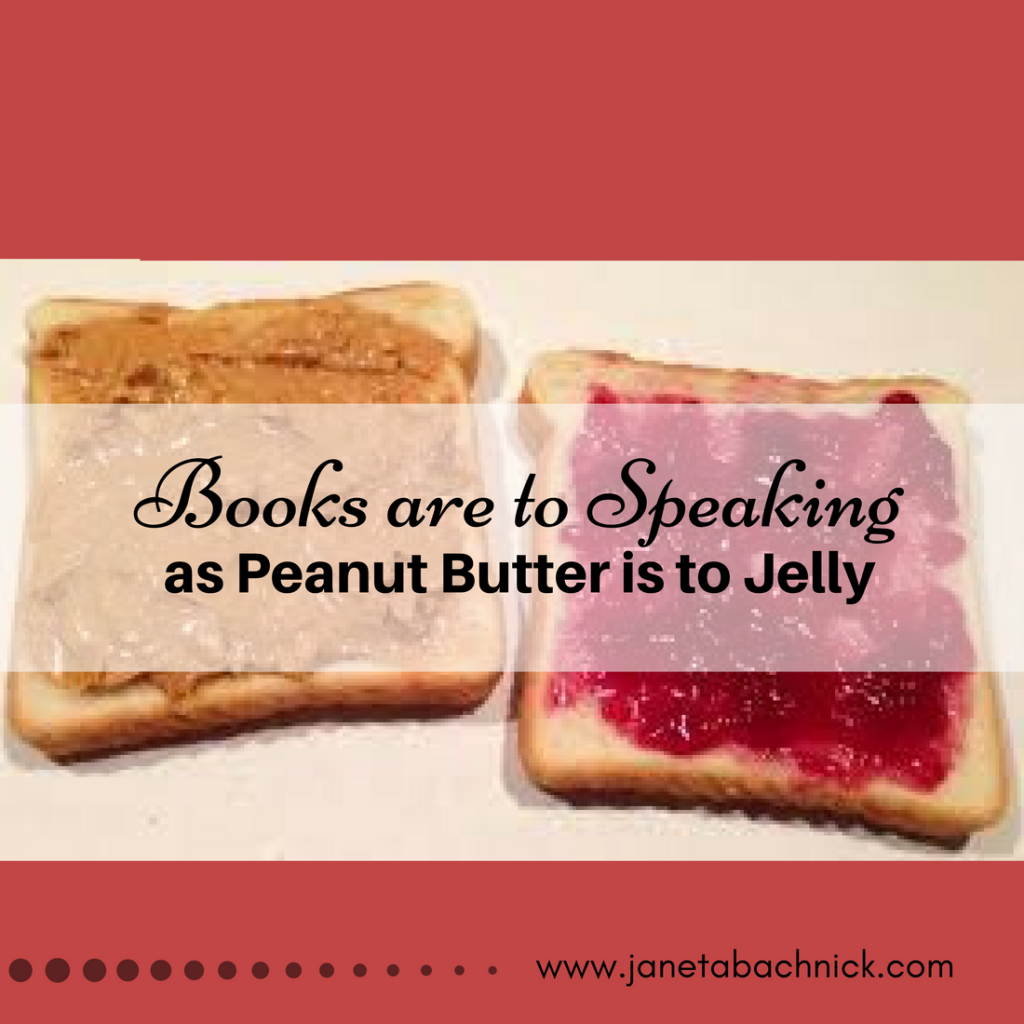 I am just back from an amazing 4 days at the Speaker Empire event learning how to grow your business as a speaker or author. I picked up lots of tips and inspiration and it got me to thinking…
I am just back from an amazing 4 days at the Speaker Empire event learning how to grow your business as a speaker or author. I picked up lots of tips and inspiration and it got me to thinking…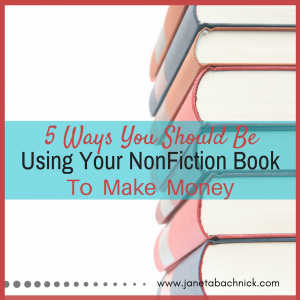 It’s been said that your book is your best business card. In many ways it is, because as it introduces you, it also positions you as a credible expert.
It’s been said that your book is your best business card. In many ways it is, because as it introduces you, it also positions you as a credible expert.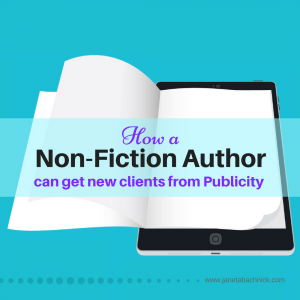 For authors, getting visibility helps put them in front of more potential readers. It also helps put them in front of more potential prospects. Nonfiction authors can get new clients from media coverage; especially if they know how to maximize the coverage that they get. The temptation to spend an interview talking about your book is great. With a bit of thought and planning, you can use your interviews to really connect with your audience, and make the case for why they need to work with you.
For authors, getting visibility helps put them in front of more potential readers. It also helps put them in front of more potential prospects. Nonfiction authors can get new clients from media coverage; especially if they know how to maximize the coverage that they get. The temptation to spend an interview talking about your book is great. With a bit of thought and planning, you can use your interviews to really connect with your audience, and make the case for why they need to work with you.